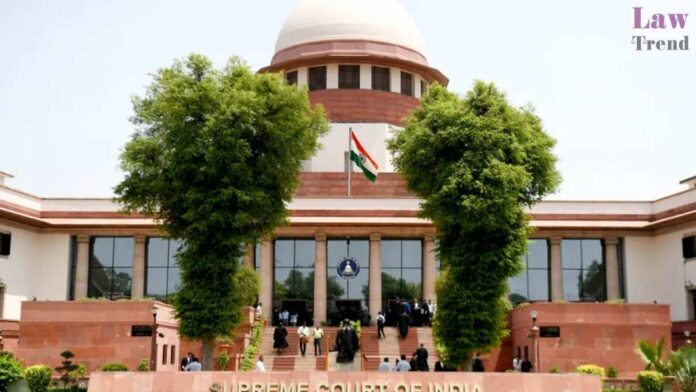The Supreme Court of India, in a significant ruling on procedural law, has set aside an order of the Bombay High Court which had dismissed a writ petition for quashing a First Information Report (FIR) as infructuous merely because a chargesheet had been filed. A bench comprising Justice Dipankar Datta and Justice Prashant Kumar Mishra
To Read More Please Subscribe to VIP Membership for Unlimited Access to All the Articles, Download Available Copies of Judgments/Order, Acess to Central/State Bare Acts, Advertisement Free Content, Access to More than 4000 Legal Drafts( Readymade Editable Formats of Suits, Petitions, Writs, Legal Notices, Divorce Petitions, 138 Notices, Bail Applications etc.) in Hindi and English.




